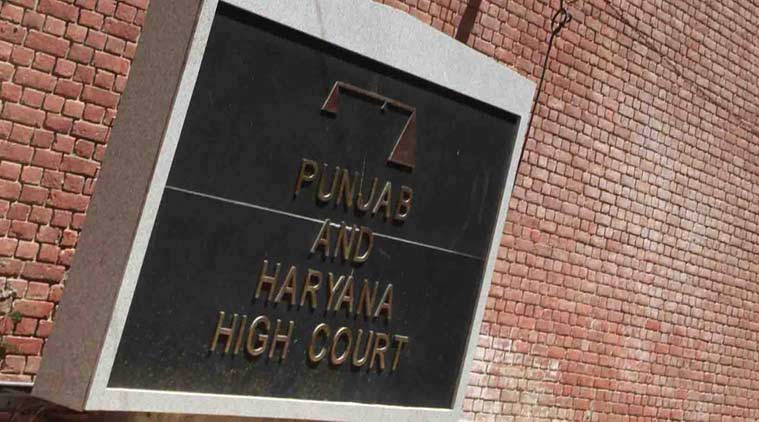
More than eight years after three alleged drug kingpins were declared proclaimed offenders by a Ludhiana court, the Punjab and Haryana High Court has directed the Union government to invoke its 1987 Extradition Treaty with Canada to get them arrested . The case against these accused was registered in 2008 by the Directorate of Revenue Intelligence (DRI).
“Drug abuse has attained alarming proportion in few states, including the state of Punjab. The kingpins operate from foreign states and are difficult to be nabbed if serious efforts are not made by the law enforcing agencies,” the division bench of Justices Rajiv Sharma and Harinder Singh Sidhu said in an order released on Thursday evening.
The court during the hearing on Wednesday also “impressed upon” the Deputy Director, DRI, Nikhil Kumar Singh, that in all the cases “where the accused have committed offence under the NDPS Act in India and have escaped to foreign countries and those who are conspiring and abetting offences under the NDPS Act in India while living abroad, should also be extradited.”
Directing the Ministry of Home Affairs and the Ministry of External Affairs to facilitate the implementation of the order in larger public interest, the court has asked the DRI to submit a a status report on the matter before February 22. “The High Commission of Indian Embassy/High Commissioner shall also render all the co-operation to the department concerned to stem this menace,” the order reads, adding the process should be initiated within next four weeks.
A Nawanshahr resident, Amritpal Basra, and a Phagwara resident, Navjot Arora, were arrested in April 2008 by a team of DRI after they were found “carrying contraband concealed in blocks of white marble slabs/tiles” in their car. A total of 10.915 kg of heroin was recovered. Following an investigation, the DRI found more accused and contraband. The complaint was filed against at least eight accused. The three accused Ranjit Singh Sangha, Hardeep Singh Sandhu and Gurwinder Singh were declared as proclaimed offenders in February and March 2010.
The DRI Wednesday told the court that no steps were taken to attach the properties of three proclaimed offenders and only Look Out Notices were sent after it was found that they are living in Canada. “Once the accused have been declared as proclaimed offenders, the law should have been taken to its logical end by attaching the movable and immovable properties of the accused, who as per the statements of Amritpal Basra and Navjot Arora were the kingpins,” the order reads.
The Governments of India and Canada in 1987 signed the Extradition Treaty, according to which each state has agreed to extradite any accused or convict. The court in its order said, “The DRI, in its own wisdom, should have invoked the provisions of the Treaty entered into between the Government of India and the Government of Canada for the extradition of three accused, against whom a complaint was filed before the Special Court at Ludhiana.”
The MEA is the central authority for all incoming and outgoing requests for extradition in India. India can even request provisional arrest of the accused or convict in a foreign country in case it fears they may flee that country during the pendency of the extradition request, according to the existing policy.